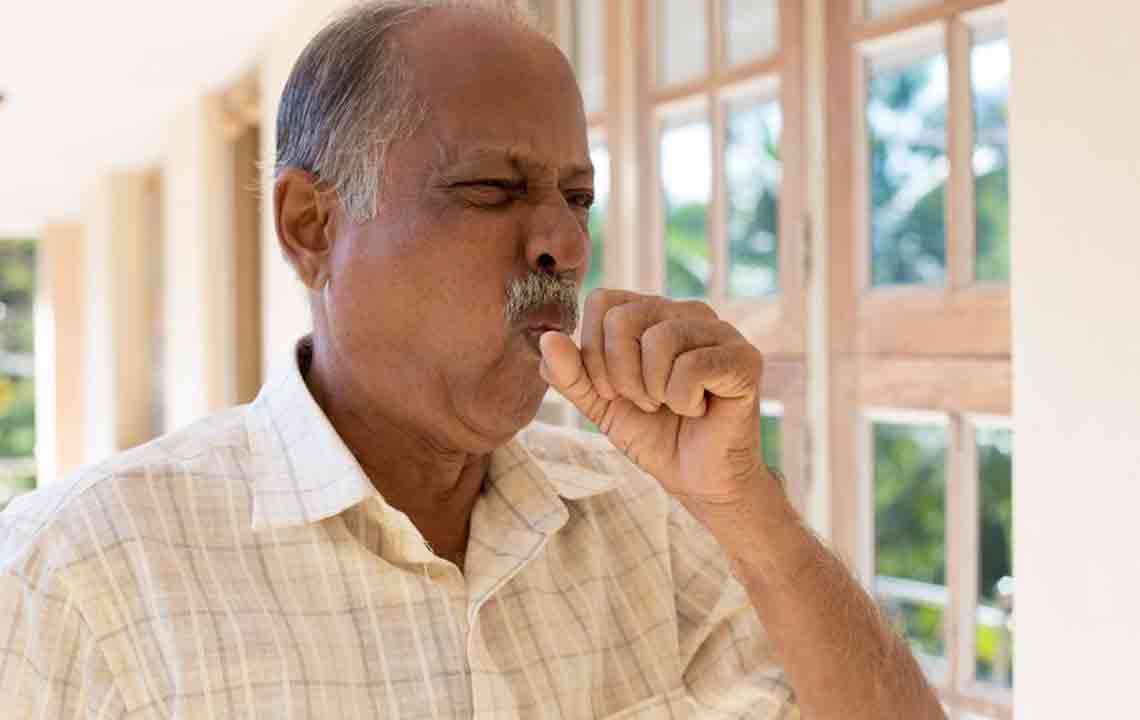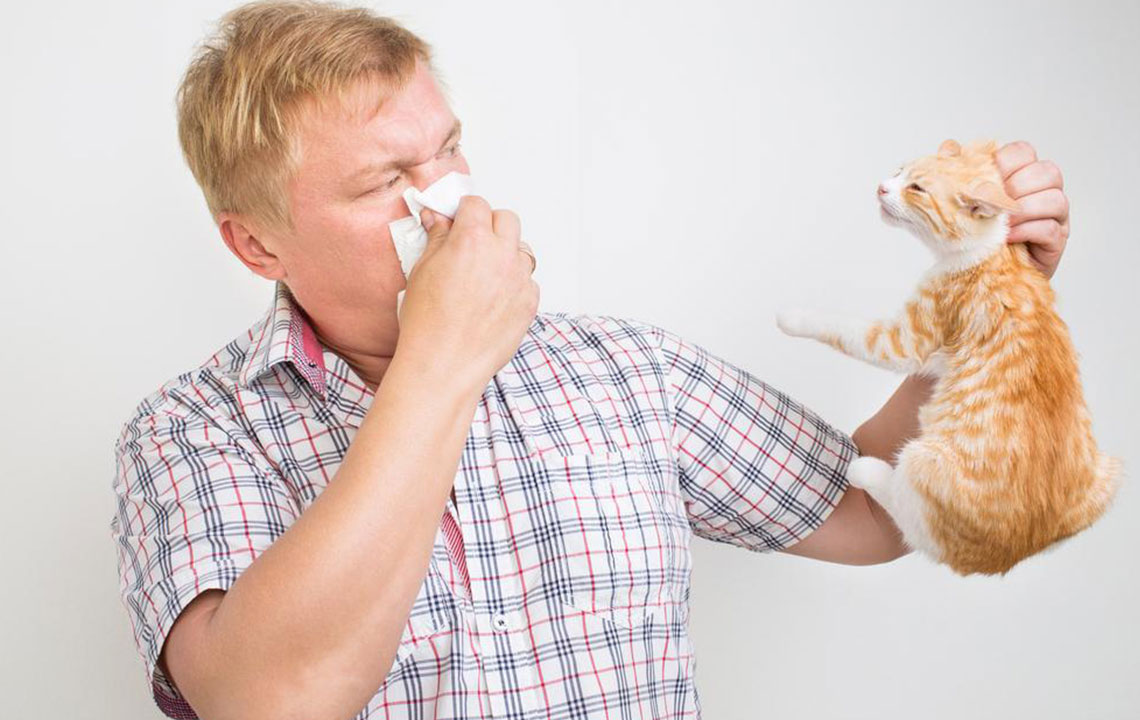Understanding and Managing Chronic Post Nasal Drip Cough
Post nasal drip cough results from mucus accumulation in the throat, causing discomfort and night-time coughing. Managing it involves hydration, avoiding allergens, using humidifiers, and trying over-the-counter remedies like saline sprays and antihistamines. Quitting smoking and seeking medical advice if symptoms persist are essential steps to relief.
Sponsored

Our airways, throat, nose, stomach, and intestines constantly produce mucus to protect and moisturize tissues. The nose alone produces about a quart daily, trapping harmful agents like viruses and bacteria. Usually, this mucus blends with saliva and drains down the throat unnoticed. However, when mucus is overproduced or not cleared efficiently, symptoms emerge, such as a persistent cough and throat irritation.
This excess mucus often results in a runny nose, but when it drips down the back of the throat, it causes postnasal drip. Sometimes, the problem isn't overproduction but hindered clearance, which can be due to allergies, blockages, age, or reflux disease. Symptoms include a frequent need to clear the throat, hoarseness, sore throat, and nighttime coughing.
The persistent mucus can cause discomfort such as hoarseness, sore throat, and even ear infections if it blocks the Eustachian tube. To manage this condition effectively, lifestyle modifications are essential. Staying well-hydrated by drinking at least 12 glasses of water daily helps thin mucus. Avoid allergens like pollen, dust, mold, pet dander, and chemical fumes, which can worsen symptoms. Keeping a symptom diary assists in identifying specific triggers. The Mayo Clinic recommends quitting smoking and avoiding passive smoke exposure, as smoke aggravates mucous membrane irritation.
Humidifying your environment with a vaporizer or humidifier can reduce dryness and soothe irritated tissues. For symptom relief, topical applications like menthol or camphor rubs on the chest, steam inhalation, or hot teas with honey can provide comfort. Over-the-counter remedies such as saline nasal sprays help reduce nasal congestion but should be used cautiously to prevent side effects. Antihistamines diminish mucus production but may cause drowsiness, so avoid driving when taking them. Oral decongestants and leukotriene receptor antagonists can be effective, though some may raise blood pressure or cause jitteriness. If symptoms persist beyond two weeks despite these measures, consulting a healthcare provider is advised to rule out other health issues.






